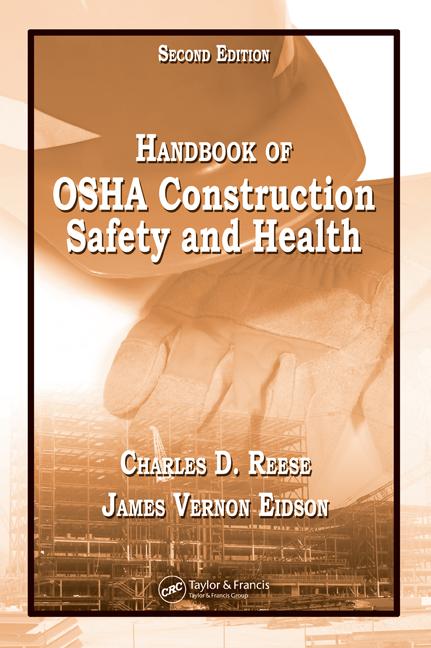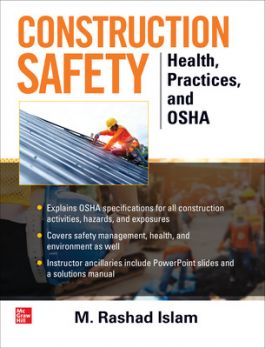 OSHA has issued a policy background memo to its field staff as part of its focus on preventing work-related injuries and illnesses among temporary workers. In the memo, the agency reminds OSHA field staff of the agency's long standing general enforcement policy regarding temporary workers.
OSHA has issued a policy background memo to its field staff as part of its focus on preventing work-related injuries and illnesses among temporary workers. In the memo, the agency reminds OSHA field staff of the agency's long standing general enforcement policy regarding temporary workers.
"Too often in recent months, it has been OSHA's sad duty to investigate fatalities and injuries involving temporary workers who were not given the necessary safety and health protections required under the Act," wrote Thomas Galassi, director of OSHA's directorate of enforcement programs.
They'll be "new" workers multiple times a year
“As detailed in the documents posted on our website (www.osha.gov/temp_workers), temporary workers are at increased risk of work-related injury and illness,” according to the memo. “Numerous studies have shown that new workers are at greatly increased risk for work-related injury, and most temporary workers will be "new" workers multiple times a year. Furthermore, as the American economy and workforce are changing, the use of temporary workers is increasing in many sectors of the economy.”
The memo reminds OSHA compliance officers – who regularly encounter worksites with temporary workers -- that temporary workers are entitled to the same protections under the OSH Act as all other covered workers. As joint employers, both the host employer and the staffing agency have responsibilities for protecting the safety and health of temporary workers.
Contracts don't supercede the OSH Act
“OSHA compliance officers should review any written contract(s) between the staffing agency and the host employer and determine if it addresses responsibilities for employee safety and health. It should be understood, however, that the contract's allocation of responsibilities may not discharge either party's obligations under the Act.”
“The extent of the obligations each employer has will vary depending on workplace conditions and may be clarified by their agreement or contract. Their duties will sometimes overlap.”
Communication is key
When a worker is injured, OSHA says both employers must communicate with each other to determine what measures are to be implemented to prevent future injuries from occurring.
“For example, if a temporary worker is injured at a host employer worksite, the host employer should inform the staffing agency of the injury, and the staffing agency, in turn, should follow-up about preventive actions taken. Similarly, if a staffing agency learns of a temporary worker's injury (through, for example, the filing of a workers' compensation claim), the staffing agency should inform the host employer to help ensure that preventive measures are taken before additional workers are injured.
“When investigations reveal a temporary worker exposed to a violative condition, and the worker is considered to be employed by both a staffing agency and a host employer, OSHA will consider issuing citations to either or both of the employers, depending on the specific facts of the case.”
Click here to read the complete memo.
More information is available on OSHA's Protecting Temporary Workers Web page.






